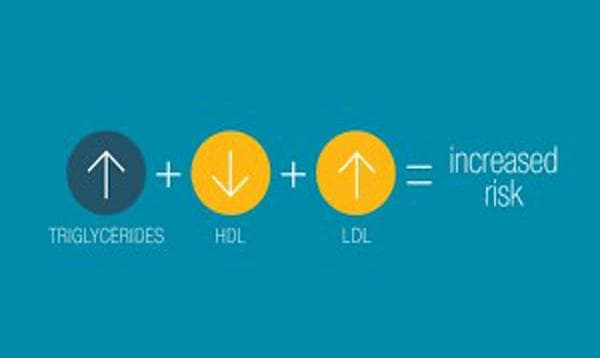
Target Heart Rate Calculator – Find Your Optimal Exercise Intensity
Learn about Target Heart Rate, its significance, calculation, and how to use it to optimize your exercise intensity.
January 5, 2025
Learn about Maximum Heart Rate (MHR), its significance, calculation, and how to use it to optimize your fitness and health.

Maximum Heart Rate (MHR) is the highest heart rate an individual can achieve during intense physical activity. It is a critical metric for designing safe and effective exercise programs. Knowing your MHR helps you understand your cardiovascular limits and tailor your workouts accordingly.
MHR is important for several reasons:
The most common method to calculate MHR is the age-based formula: MHR = 220 - Age
For example, a 30-year-old would have an estimated MHR of 190 beats per minute (bpm). However, individual variations exist, and other methods such as laboratory tests and advanced fitness trackers can provide more accurate measurements.
MHR plays a crucial role in fitness and training:
Age and health conditions significantly impact MHR:
Here are the estimated MHR limits for different age groups:
These are general guidelines, and individual variations may exist.
To train effectively using MHR:
Our Maximum Heart Rate Calculator is user-friendly and provides an estimate of your MHR. Simply enter your age to calculate your maximum heart rate. Use this information to tailor your workouts and achieve your fitness goals safely and effectively.
There are several misconceptions about MHR that can lead to confusion:
Understanding your Maximum Heart Rate is essential for optimizing your fitness and overall health. Use our Maximum Heart Rate Calculator to determine your MHR and set appropriate training zones. By tailoring your workouts based on MHR, you can enhance your cardiovascular fitness, burn calories effectively, and improve your overall well-being.
More Articles

Learn about Target Heart Rate, its significance, calculation, and how to use it to optimize your exercise intensity.
January 5, 2025

Discover how to optimize your training intensity using Heart Rate Zones, their benefits, and how to calculate and use them effectively.
January 5, 2025

Learn about Cholesterol Ratio, its significance, calculation, and how to use it to assess your heart disease risk.
January 5, 2025

Learn about LDL and HDL Cholesterol, their differences, importance, and how to use the LDL & HDL Cholesterol Difference Calculator to maintain healthy cholesterol levels.
January 5, 2025

Learn about the Triglyceride-to-HDL Ratio, its importance, calculation, and how to use it to assess cardiovascular risk.
January 5, 2025